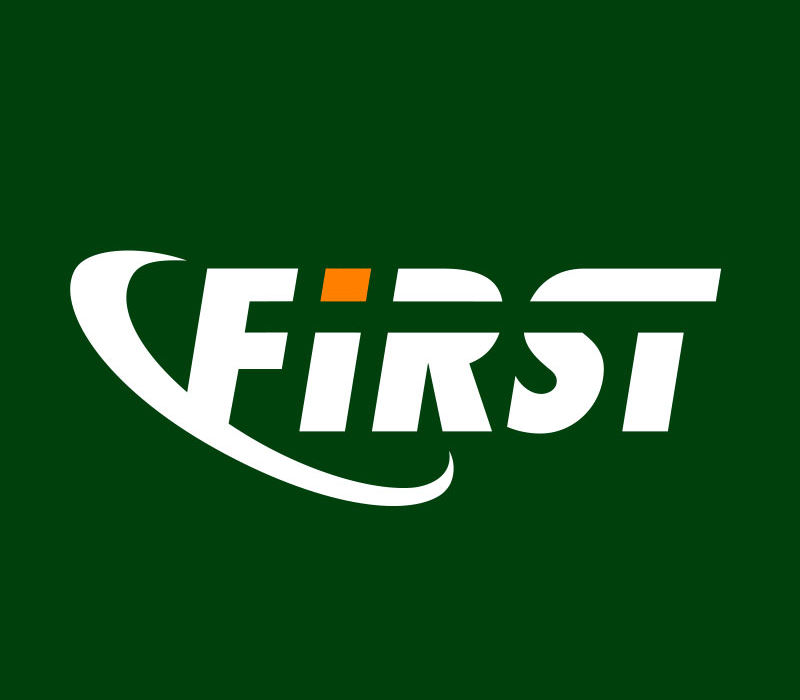In groundbreaking news, a significant milestone has been achieved in the fight against malaria. A recent announcement from pharmaceutical giant Novartis revealed the approval of the first-ever malaria treatment specifically tailored for infants. This development marks a crucial advancement in pediatric healthcare, addressing a longstanding gap in treatment options for the youngest and most vulnerable patients.
The pressing need for an approved malaria treatment for infants weighing less than 4.5 kilograms had been a glaring deficiency in medical care. Until now, healthcare providers have grappled with using formulations meant for older children, posing risks of overdose and toxicity due to inappropriate dosages. The introduction of this tailored medicine signifies a major breakthrough that will revolutionize how malaria is managed in newborns and young babies.
Novartis’ CEO Vas Narasimhan expressed pride in this achievement, stating,
“Together with our partners, we are proud to have gone further to develop the first clinically proven malaria treatment for newborns and young babies, ensuring even the smallest and most vulnerable can finally receive the care they deserve.”
This sentiment underscores the significance of this new treatment not only from a scientific standpoint but also from a humanitarian perspective.
The World Health Organization (WHO) reports alarming statistics on malaria-related fatalities globally. In 2023 alone, there were 597,000 deaths attributed to malaria across 83 countries. Africa shoulders a disproportionate burden of this disease, accounting for 94% of global malaria cases (246 million) and 95% (569,000) of all malaria-related deaths. Tragically, a significant portion of these casualties are children under five years old – underscoring the urgency of effective treatments tailored to their needs.
With plans to introduce the infant-specific malaria treatment primarily on a not-for-profit basis, Novartis aims to enhance access to vital healthcare interventions in regions where malaria is endemic. The initial rollout will focus on eight African countries involved in the trial: Burkina Faso, Ivory Coast, Kenya, Malawi,
Mozambique,
Nigeria,
Tanzania,
and Uganda.
This strategic approach reflects Novartis’ commitment to addressing health disparities and improving health outcomes among vulnerable populations.
Expert analysis emphasizes the transformative impact of this newly approved treatment on infant mortality rates linked to malaria. By tailoring dosage strengths to suit the unique physiological requirements of young children battling this infectious disease,
healthcare providers can now deliver more targeted and effective care.
This innovative medication heralds a new chapter in pediatric medicine’s efforts
to combat preventable diseases like
malaria.
As global efforts intensify
to eradicate malaria once
and for all,
advancements such as these underscore
the promise
of science
in safeguarding human lives.

